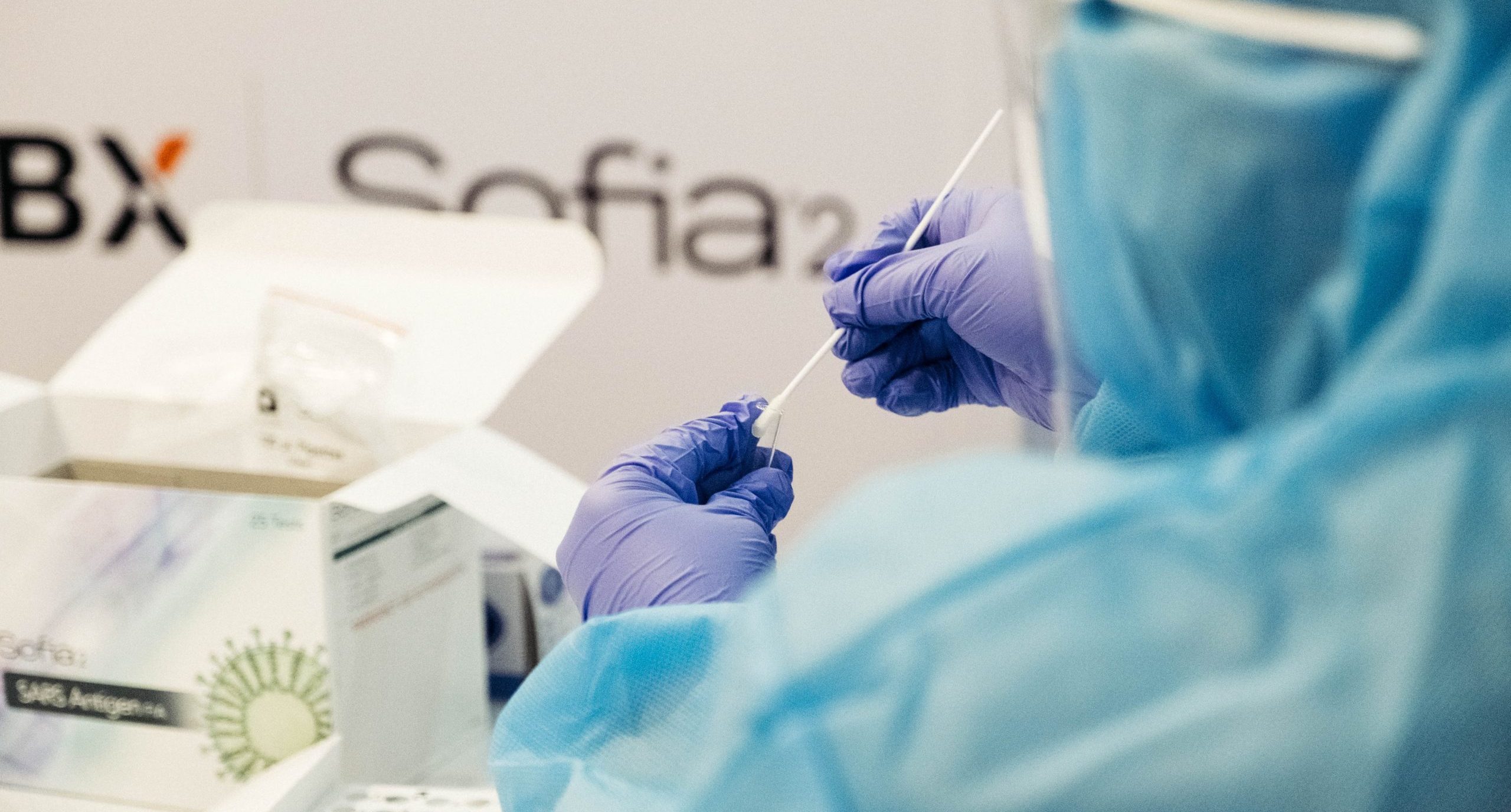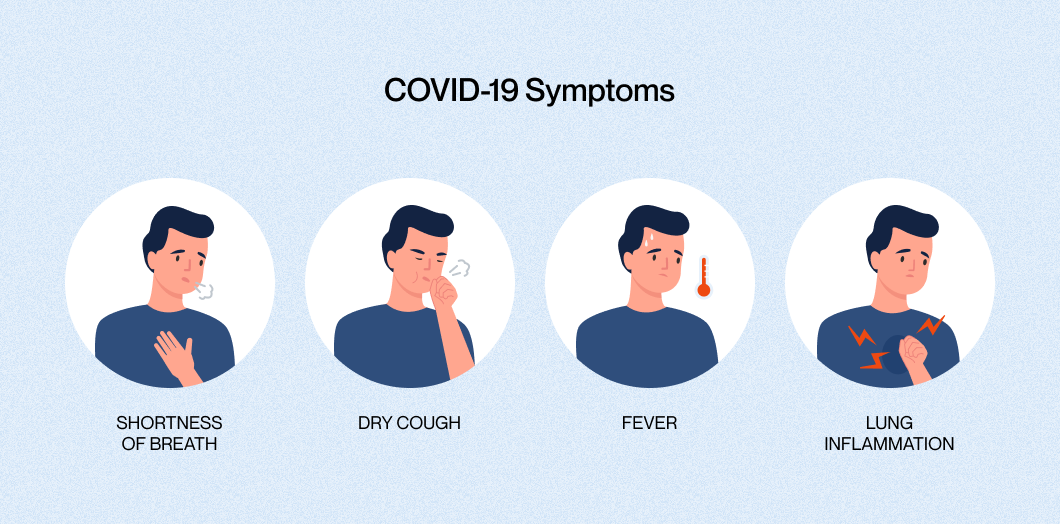Introduction
The COVID-19 pandemic continues to be difficult for the world, particularly for people who already have lung diseases. Lung cancer patients have faced several obstacles as a result of the pandemic. The symptoms of an acute or chronic COVID infection can be identical to those experienced by persons with lung cancer, making it difficult to determine how to effectively protect yourself from infection while keeping your lung disease treatment plan and everyday activities.

Signs and Symptoms of COVID-19
So much is unclear regarding the long-term effects of the COVID-19 infection. It is especially difficult to distinguish between the symptoms of a persisting COVID infection and the underlying lung cancer in lung cancer patients who have developed COVID-19.
Coronavirus symptoms can range from minor to severe, resulting in death. However, the following symptoms may emerge 2-14 days after exposure:
- Fever;
- Cough;
- Breathing difficulties.
Many of the symptoms of coronavirus in lung cancer patients are similar, making diagnosis difficult.
- Cough;
- Breathing difficulties;
- Lung inflammation.

Protecting Yourself from COVID-19
Most individuals are now familiar with basic COVID-19 preventive strategies including hand washing, masking, social distance, and, of course, vaccination. However, when the country sees an increase in infection and states reopen, you may find yourself in a scenario where someone you live with has gotten COVID-19 or has been exposed to the disease.
In this circumstance try to separate yourself as much as possible This entails isolating the infected person to a single room and limiting interaction in shared rooms by placing meals in front of their door and requiring them to use their own bathroom if feasible.
It is also advised to get completely vaccinated against COVID-19 and to speak with your doctor about having a booster vaccine, especially if you are presently undergoing therapy or managing symptoms.
The timing of immunization is critical. If you are getting chemotherapy or immunotherapy you should ideally have your vaccine 2-3 weeks before beginning treatment. This allows the body time to produce COVID antibodies, lowering the chance of worsening adverse effects after cancer treatment. Because the mechanism of therapy is so different, there are no time implications for those on targeted medicines like tyrosine kinase inhibitors right now.
When a patient schedules a CT scan, the timing of immunization should also be considered. In certain individuals, the vaccination might produce lymph node swelling, and it can be difficult to determine whether this swelling is caused by the malignancy or the immunization. If feasible it is recommended to wait two weeks following immunization before having a scan.
However, the wider picture is that lung cancer patients must be vaccinated against COVID-19 and receive timely care, so do your best but don’t allow scheduling to prevent you from obtaining the therapy you require.
Treatment and COVID-19
Doctors encountering a patient who is symptomatic and has had the COVID-19 infection, are quite concerned about the negative effects of their cancer therapy. But even more concerned about immunotherapy adverse effects in individuals with persisting COVID infections.
Immunotherapy taps on the immune system’s strength, which is already overreacting in the event of protracted COVID-19. As a result, the treatment’s negative effects may be more severe.
Long COVID patients who take chemotherapy may feel better because chemotherapy can help decrease inflammation in the body produced by COVID-19.
The final important therapeutic consideration is for individuals who will be undergoing thoracic surgery. Thoracic surgeons have found worse results in patients who are operated on too soon after a coronavirus infection, thus these patients are sometimes given chemotherapy or radiation before they can be operated on.

